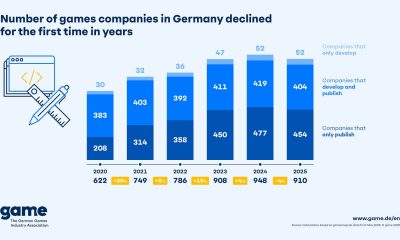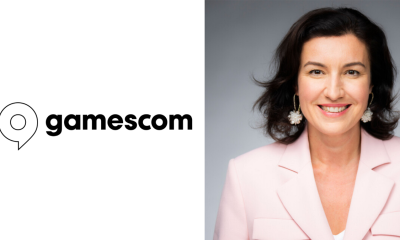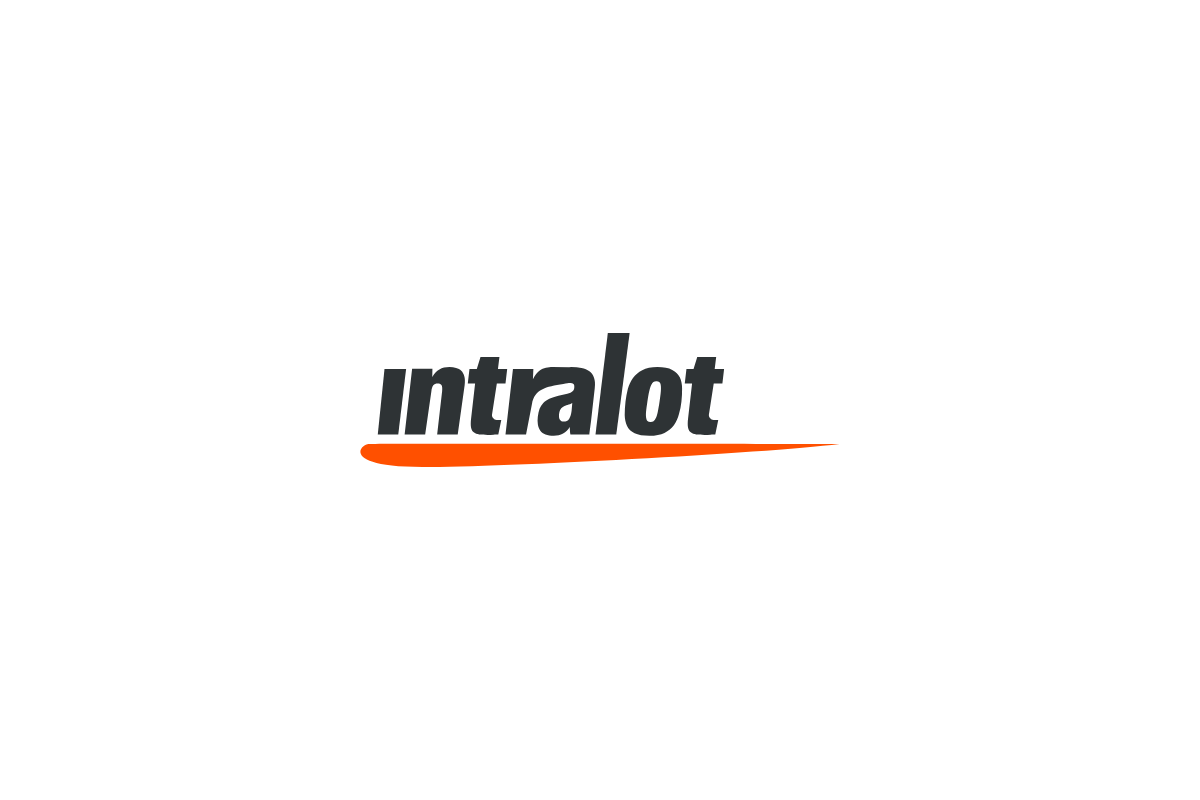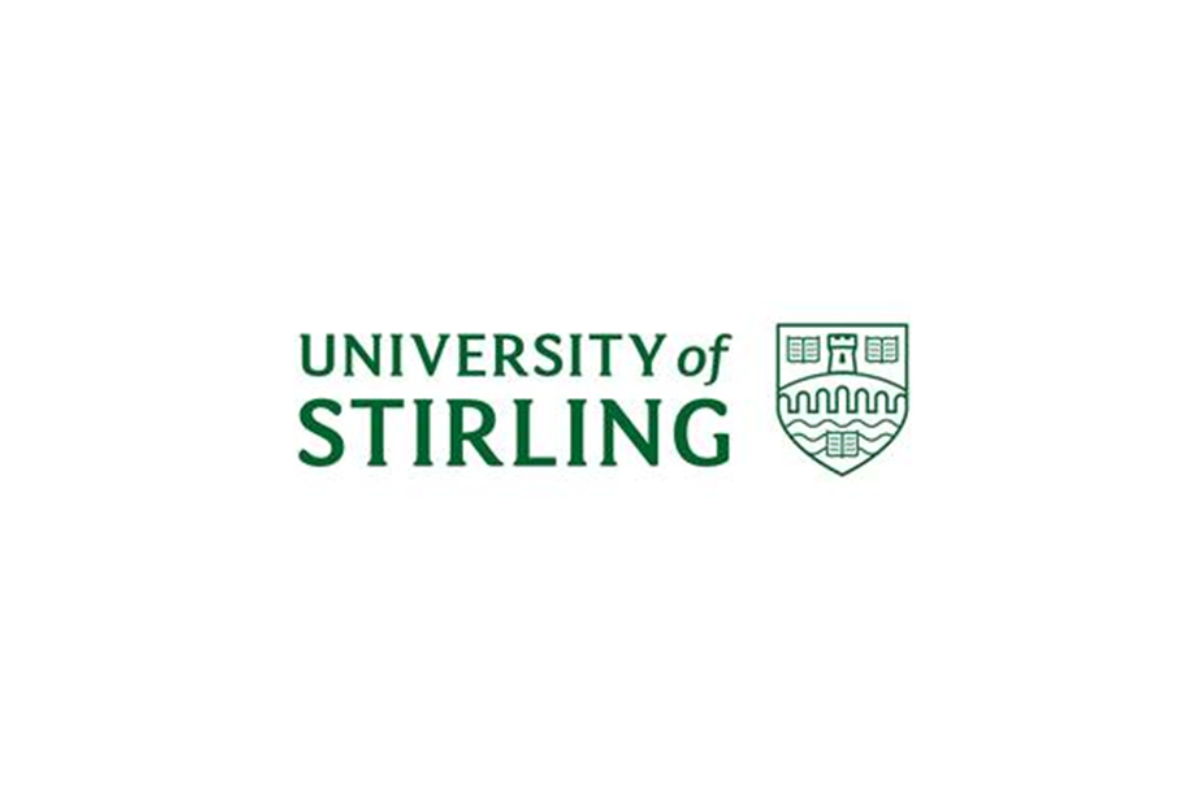Compliance Updates
Gambling Regulation in Germany: A significant Blow for All Local Operators?

Is the German gambling market facing an uncertain future? Over the past few years, tremendous delays and changes have cast doubts over the German betting market. In 2012, 16 German federal states passed a treaty on betting, intending to launch sports betting in the online casino world.
Read on and learn about the uncertainties facing the German sports betting market.
The Future of Online Slot Providers
This year, the federal states passed a new gambling treaty, with the primary aim of licensing and certifying a regulated market rather than having a large black market. The same case applies to poker games and online slots which includes most games from developers like NetEnt, Microgaming or Big Time Gaming with their ground-breaking slot engines like Megaways or Megaquads. Thanks to the new gambling treaty, the prohibition of online casinos was lifted in July 2021.
In addition, the treaty will allow the registration and licensing of online casino providers and sports betting providers. Despite the newly proposed betting model, the state lottery monopoly is set to remain operational.
Has the Federal States Treaty Put an End to Online Gambling Uncertainties?
If for a minute you thought the treaty would put an end to the doubts and uncertainties facing the German gambling market, you’re mistaken. Earlier in April, the Darmstadt Administrative Court ceased the awarding of licenses to local operators. A few weeks later, the ruling was challenged by Vierklee, a renowned sportsbook operator.
According to the Hessian Court, over 30 local operators had applied for the gambling license. Also, an addition of 20 casino operators had severe intent to apply. More than 99% of online sports betting activities in Germany would have moved to the legal gambling market if the applications went through.
The Take of DSWV on Betting Uncertainties
Since then, multiple betting operators have been left in dismay, describing the ruling as a big blow to the German gambling industry. DSWV, an association that advocates a competitive and modern regulation of sports gambling in Germany, has slated the betting regulations and policies in the country as non-competitive, also see this article.
The association claims that premier championships like Bundesliga miss out on advertising income and sponsorship deals. This is because the country features non-competitive sports betting policies and regulations. In addition, the German sports leagues have been lagging compared to other European sports leagues, such as the English Premier League.
According to Luka Andric, the DSWV managing director, the current delays in licensing and regulating the online betting market is inconveniencing. Luka Andric adds that the delays would cause the country a great deal in terms of securing sponsorship deals for clubs.
The common conflicts between states governed by Conservatives and those managed by the Social Democrats have been resolved. This implies there is an agreement to enact the 2021 Interstate Treaty in real-time.
Effects of Halting the Betting Licenses
Halting the process of awarding licenses to local operators is not only frustrating but also discouraging. Multiple betting operators had invested efforts and time preparing the license application forms, only to find out the process had come to a halt.
Sports betting makes a significant economic stand, considering Germany has a large population size.
So, how can the German sports betting industry thrive? DSWV states that it’s essential to regulate the sports betting market. Whether the industry will thrive entirely depends on the authority’s commitment to block local operators without licenses from providing their betting products to German consumers.
Therefore, the federal states need to make several regulatory amendments to the existing gambling policies. As a result, German betting enthusiasts will be channelled towards licensed and governed operators.
Sports Betting Measures and Restrictions
Over the years, the black market has been an area of concern to several gambling jurisdictions. Recently, renowned authorities such as KSA (Netherland’s gambling regulator) and SGA (the Swedish Gambling Authority) have pushed strict regulatory proposals to govern online sports betting activities.
The German regulatory authorities have also put forward strict regulations and measures. These restrictions include a minimum stake limit of €1on all virtual machines. Other measures include a live streaming ban on sports betting websites, limited in-play markets, up to five-minute delays when switching to another betting website, and commercial advertising for online poker, virtual slots, and casino games.
German Sports Betting Operators Take on Proposed Restrictions
The proposed restrictions have provoked critical responses. Local operators have claimed the measures fails to focus on bettor’s protection, hence considered less competitive and less attractive. In addition, the local operators have termed the measures as unfulfilling and will create a less competitive experience for bettors.
According to Lycka, the director of regulatory affairs states that the measures imposed by the states will be less attractive than the unlicensed market. As a result, the move can encourage gamblers to wager on black market websites. However, it has been revealed that the regulations will be amended to favour local operators and gamblers in real-time. The regulators are set to engage politicians to come up with sensible and necessary amendments.
Why It’s Important for Sports Betting to Operate in a Regulated Market
It’s essential for sports betting to operate in a regulated gambling market. In Germany, sports betting has become more popular, thanks to the media and featured advertising channels. Over the decade, the German betting market has grown tremendously. The trend is expected to continue once the sports tournaments resume.
Final Thoughts
The bottom line is; the proposed measures are not encouraging channelization. As it stands, local operators claim the measures put forward by the regulatory authorities encourage black market play. Betting enthusiasts and operators have been longing for gambling regulation in Germany. Soon, sports betting websites will become legal. However, this does not mean the existing uncertainties will be done away with. All in all, the local gambling operators are hoping for a more certain future.
-

 Latest News3 days ago
Latest News3 days agoPIN-UP Global Transforms into the RedCore Business Group
-
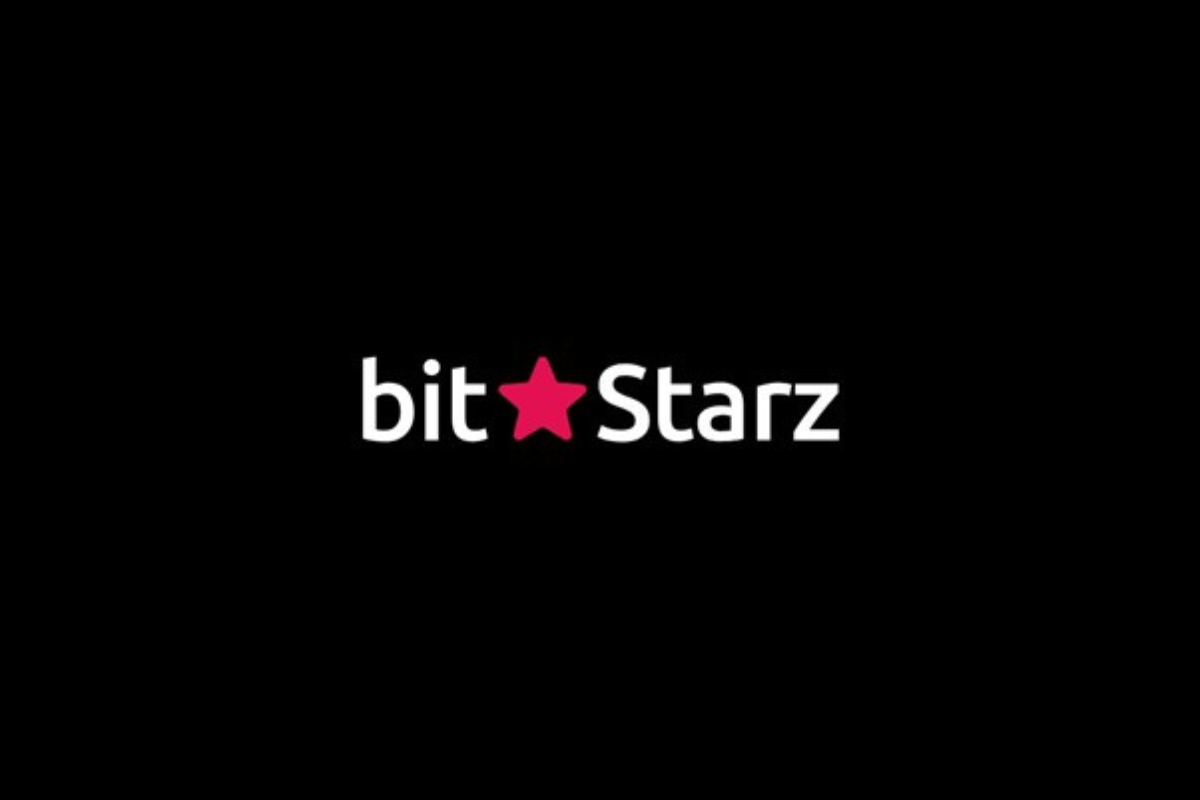
 Latest News6 days ago
Latest News6 days agoBitStarz Casino Review 2025: The Leading Crypto & Bitcoin Casino With Instant Withdrawal, Fast Payout & Latest Bonuses!
-

 Latest News6 days ago
Latest News6 days agoEGT Digital’s games are available to Bangbet’s customers in Tanzania
-

 eSports6 days ago
eSports6 days agoNODWIN Gaming and JioStar unveiling BGMS Season 4 with OnePlus as Title Partner and Android as Co-Title Partner
-
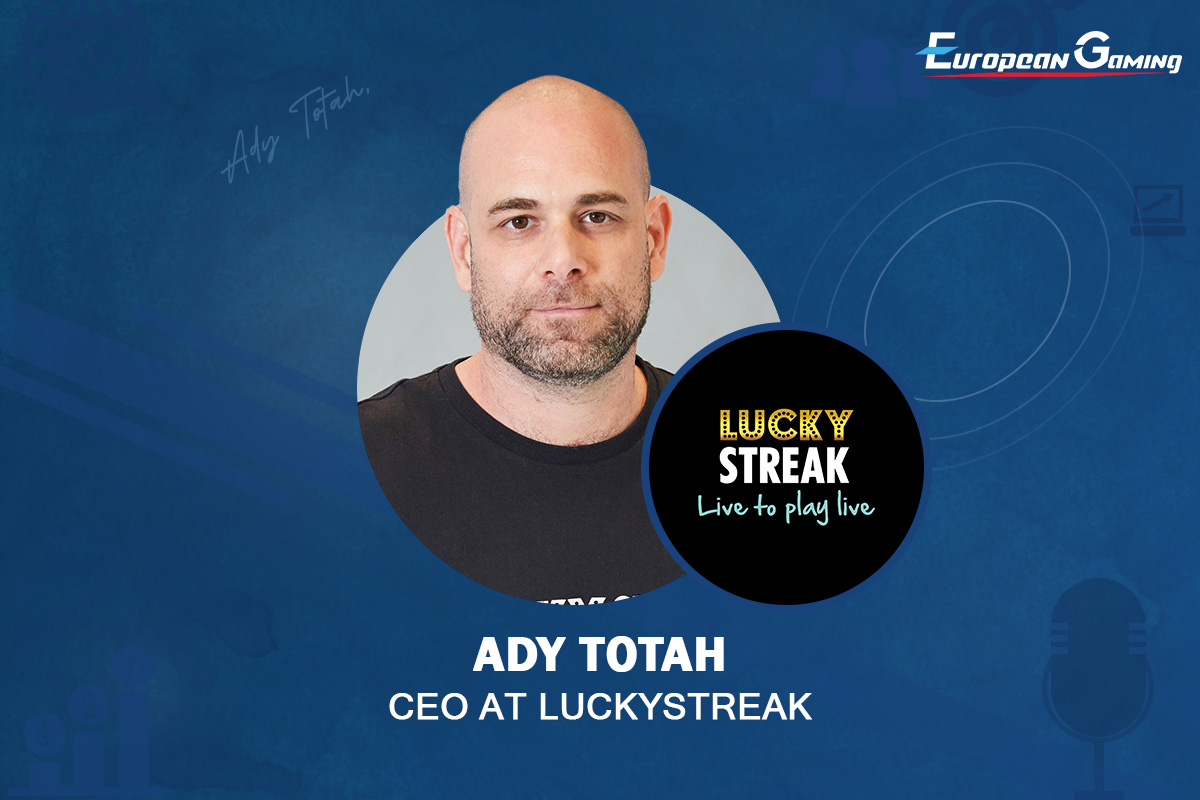
 Interviews6 days ago
Interviews6 days agoScale isn’t everything: Why agility is the new advantage in live casino
-

 Latest News6 days ago
Latest News6 days agoBC.GAME Strengthens African Strategy with Dual Regulatory Approval in Kenya
-
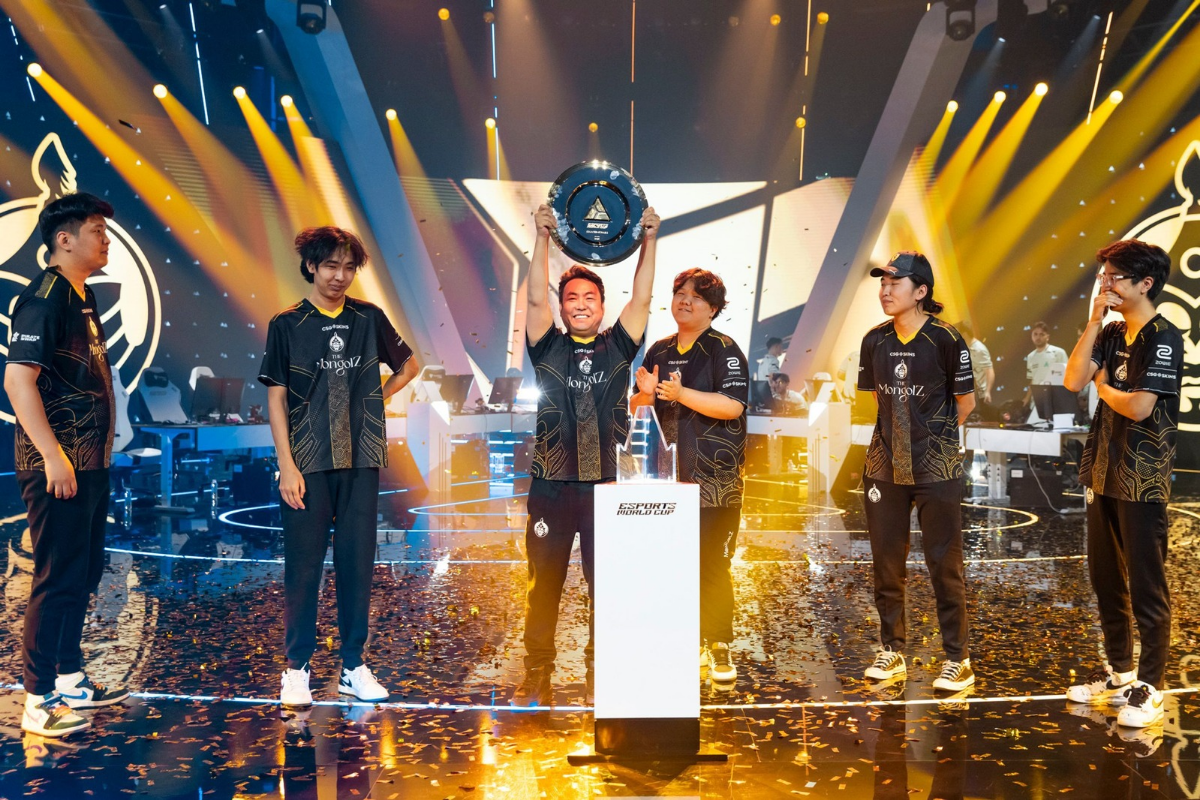
 eSports6 days ago
eSports6 days agoThe MongolZ Lift the Counter-Strike 2 at Esports World Cup Trophy, as Hero Run Ends in Title Triumph
-

 Asia5 days ago
Asia5 days agoED Arrests Karnataka MLA Veerendra “Puppy” in Illegal Betting Case










